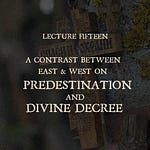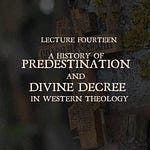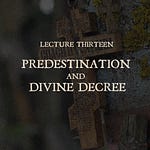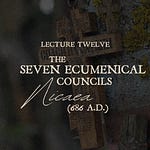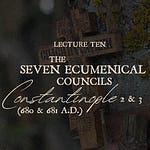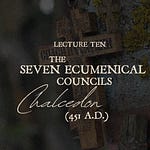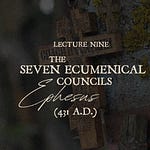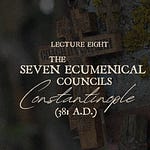These are transcripts from a spoken lecture. The audio is attached to this lesson. If there is any confusion from reading the transcript, please refer to the audio for clarification.
Last time we spoke about the faith of Abraham and the doctrine of resurrection, and what we saw as we moved through this doctrine, as we looked at what the New Testament had to say about the doctrine of resurrection, was we found that, first of all, Abraham’s faith is the faith in resurrection and God who gives life to the dead, and this faith was exercised in the face of the deadness of his own body, the deadness of Sarah’s womb, the anticipated deadness of his own son.
And then when we looked at the doctrine of resurrection itself in the New Testament, what we saw is that resurrection is something that is unique to Christ first and then to the righteous. So not all who are raised are resurrected, not in that positive sense that we see what’s happening in Christ. And so we looked at three questions: Who is resurrected? What is resurrection? How is resurrection accomplished?
And what we saw is that, in answer to that who is resurrected, we saw it was unique to Christ and the righteous, as we said. And then we also saw that the quintessential sort of character of resurrection is this immunity to death, putting off corruption for incorruption, putting off death for no death. And in answer to the question of how is this accomplished, Peter tells us quite plainly that it is accomplished by partaking of the divine nature. And this is where we saw that God gives His own immortality to creatures and through participation in that. That is the hope we have of resurrection. And that really is the essence of the faith of Abraham, the faith that Paul says is our own faith. And really, as we’ll see, this is the essence of the gospel according to the Eastern Church Fathers.
So now today, what we want to do is we want to dive a little deeper into this idea of partaking of the divine nature. And more specifically, what I want to look at is both this picture of partaking of the divine nature in the context of the original intent for creation in Eden. What would it have meant to partake of the divine nature there? But then also, more importantly, for our sake, since we’re talking about the gospel, what does it mean to partake of the divine nature in the context of a fallen world. And here, what we’ll be looking at is the way in which Eden requires that man is unmade so that we might be remade. And specifically, we’ll look at how the incarnation of Christ and His work on the cross and in the resurrection both unmakes and remakes man, so that this participation in God might be accomplished. So that’s the focus that we have today.





